Navigating HR Trends in 2024: Key Insights for the Modern Workplace
As we move into 2024, the field of Human Resources (HR) continues to evolve rapidly, driven by new technologies, shifting employee expectations, and changing business needs. To stay competitive, organizations must adapt to these emerging trends and overcome the challenges they present. Here’s a closer look at the key HR trends shaping the modern workplace:
- Technology in HR
Advancements in artificial intelligence (AI) and HR software are transforming recruitment, training, and employee engagement. These technologies are streamlining many traditional HR tasks, such as resume screening and performance tracking, allowing HR professionals to focus more on strategic initiatives. By leveraging tech tools effectively, organizations can improve efficiency, enhance productivity, and deliver a better employee experience.
- Employee Well-being
Employee well-being is now a top priority for businesses across the globe. As the boundaries between work and personal life continue to blur, organizations are increasingly implementing mental health programs, wellness initiatives, and flexible work arrangements. By supporting both the physical and mental health of employees, companies can not only improve productivity but also reduce turnover and increase employee satisfaction. Investing in well-being is essential for attracting and retaining top talent in today’s competitive job market.
- Diversity and Inclusion (D&I)
Diversity and inclusion are no longer just buzzwords—they are critical to the success of modern organizations. Companies that embrace diverse perspectives foster creativity and innovation, which can drive business growth. However, D&I goes beyond recruitment and hiring. It’s about creating a workplace where all employees feel valued and have equal opportunities to succeed. Implementing inclusive policies, providing training on unconscious bias, and ensuring representation at all levels are key strategies for building a truly diverse and inclusive culture.
- Remote Work Challenges
With remote and hybrid work becoming the new norm, organizations must find ways to address the unique challenges that come with managing distributed teams. Maintaining team cohesion, ensuring effective communication, and keeping remote employees engaged are some of the top concerns for HR professionals. Successful organizations are developing strategies and adopting tools that help remote teams stay connected, productive, and aligned with company goals, even when working from different locations.
#HRTrends #EmployeeWellbeing #DiversityAndInclusion #RemoteWork #HRTech #FutureOfWork
























